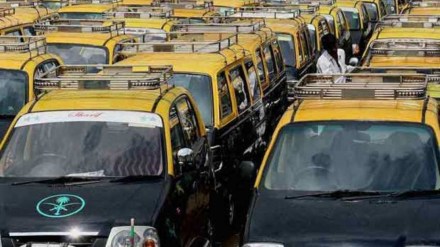The National Association of Software and Service Companies (NASSCOM) has urged the Karnataka government to review the recently-announced cab fare revisions. The revisions, introduced by the Department of Transportation, Government of Karnataka, on February 3, 2024, have sparked concerns within the industry.
Key concerns include the elimination of dynamic pricing, which previously allowed taxi aggregators to adjust fares within a specified range.
“Earlier, a range of per-km fare was in place. This allowed app-based taxi aggregators to deploy dynamic pricing, with guardrails, within the permitted range of fares. With the latest notification, this is no longer possible because of the mandatory flat fares,” Garima Prakash, deputy manager, Public Policy and Government Affairs at Nasscom, said in a statement.
Additionally, stakeholders argue that the revised fare structure fails to recognise the value-added services offered by app-based taxi aggregators, resulting in challenges in maintaining service quality and competitiveness.
“Earlier, the fare structure for app-based taxis and non-app-based city taxis was different. The higher fare for app-based taxis considered the added value (such as, route-tracking, ride-sharing feature, customer care services) offered by app-based taxi services and taxis hailed on the street. However, the new fare structure mandates the same fare for app-based and non-app-based taxis, making it tougher to offer and improve value-added services. Further, given the flat fares, the earlier practice of app-based taxi aggregators to cover the service fee/commission within the fare brackets, is also not possible anymore,” the statement added.
Nasscom has suggested reinstating dynamic pricing or allowing app-based taxi aggregators to charge service fees in addition to the notified fares to address these concerns. “When the government looks at policy on transportation and mobility, the idea always is to increase accessibility to services, while also keeping an eye on decongesting the roads. The government’s priority is not to look at corporate capex of any particular aggregator or a group of aggregators, but rather the opex required to run such services which remain a vital part of the day-to-day life of a citizen,” said Sathya Arikutharam, who is an urban mobility expert.
